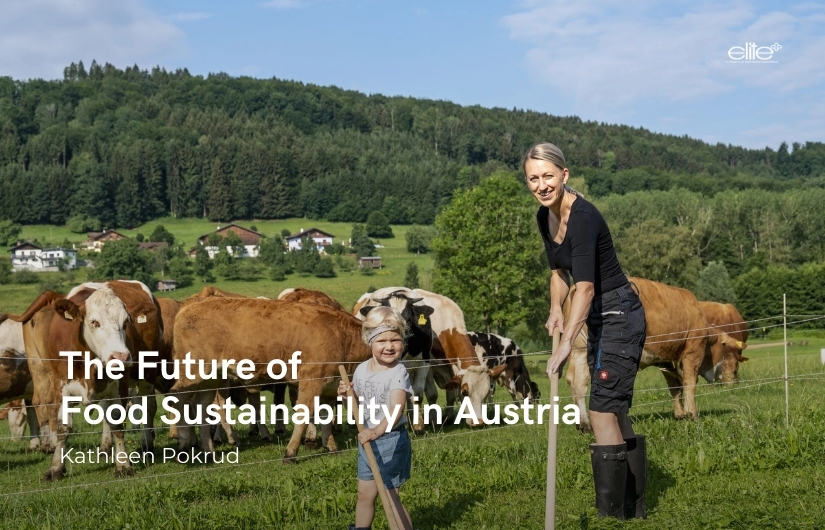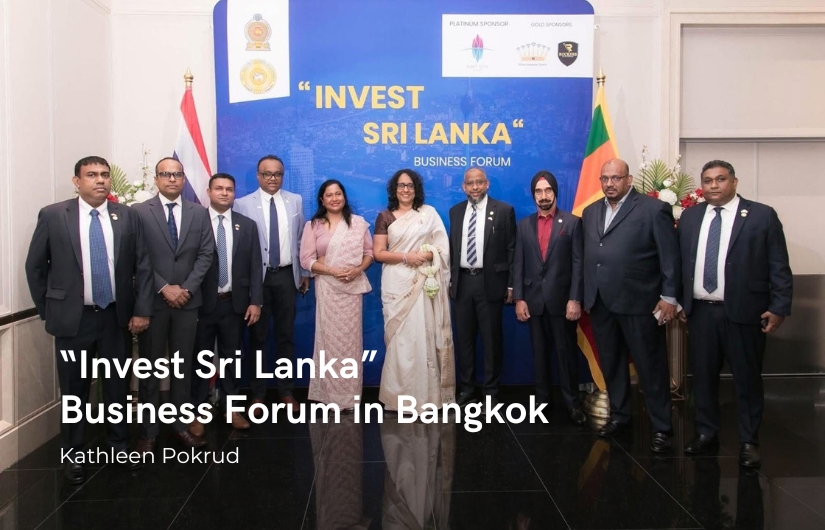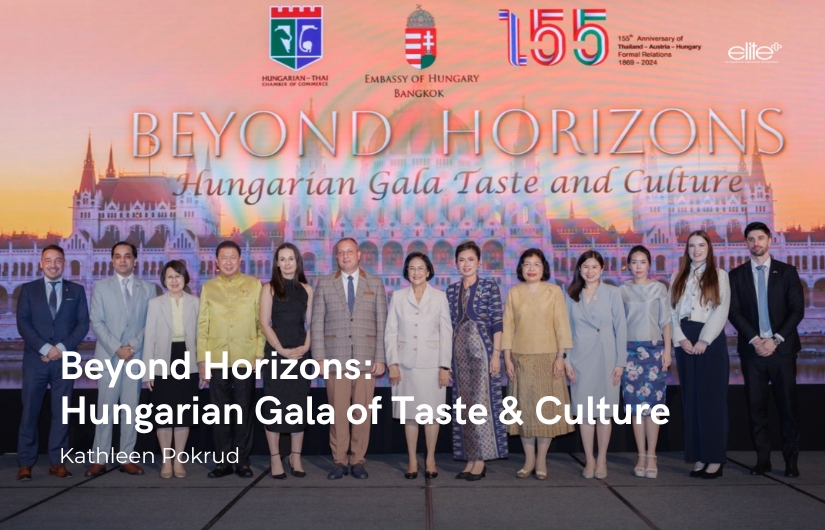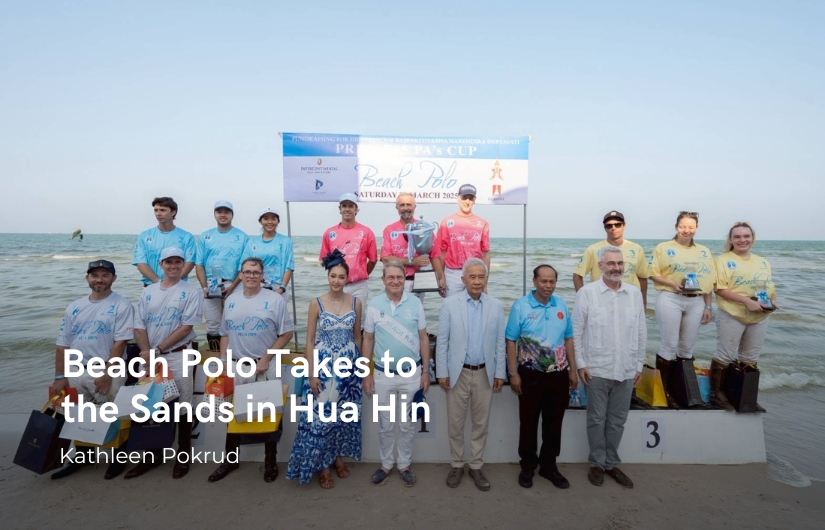By Kathleen Pokrud
Food is culture and tradition, and a reflection of our relationship with the environment. In the “Global Culinary Stories" series, the rich history of Austrian cuisine was explored (https://www.eliteplusmagazine.com/Article/84/Austrian_Cuisine). Now, for this article, I sat down with Michael Friedl, Head of Advantage Austria in Bangkok, which promotes trade relations between Austria and Thailand as well as Cambodia, Myanmar and Laos, and delved into Austria’s food sustainability strategies, challenges and future initiatives while highlighting the roles of government, private enterprises and grassroots movements.
_189053436.jpeg)
Mr Friedl admitted that food security remains a key priority for the Austrian government. “Austria’s agricultural sector is dominated by family-owned farms, which play a crucial role in preserving cultivated landscapes; promoting high-quality, local food governed by some of the strictest safety and sustainability standards in Europe; and mitigating climate change by employing low-emission practices and sustainable land management.”
Mr Friedl further explained that Austria is facing challenges in terms of eco-friendly food practices or regenerative agriculture. “While Austria is often celebrated for its leadership in organic farming, transitioning to a fully sustainable food system presents several challenges. These range from environmental issues to knowledge gaps and infrastructure limitations.
The first is climate change adaptation. Austria is experiencing more frequent and severe weather anomalies, which directly impact crop yields and disrupt supply chains. Climate unpredictability also complicates planting schedules and affects pollination cycles, leading to a decline in crop diversity and productivity.
In some regions, intensive farming and monoculture practices have led to soil degradation, reduced fertility and increased reliance on external inputs, like fertilizers. Restoring soil health requires significant shifts toward regenerative practices such as crop rotation, cover cropping and reduced tillage, but all of these require upfront investments and farmer education. With innovation in sustainable farming, Austria is actively exploring how to reduce pesticide use and minimise the ecological footprint of agriculture without compromising yield.
To overcome these obstacles, Austria is boosting public and private investment in agricultural research, offering grants for sustainable innovation and providing farmer training programmes that emphasise climate resilience and ecological awareness.”
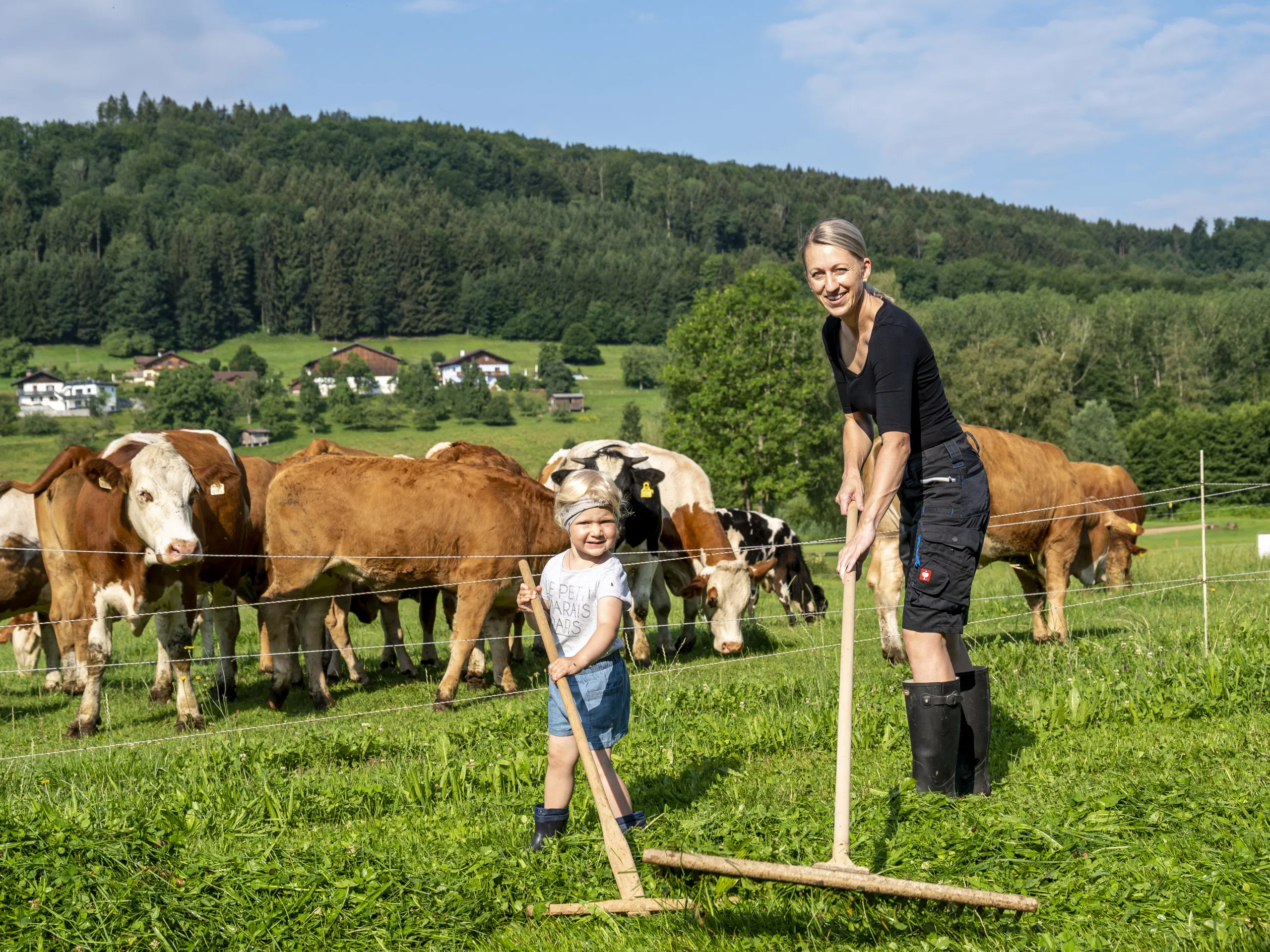
Mr Friedl elaborated on government policies aimed at promoting food sustainability. “The Austrian government adopts a multi-layered approach to sustainability, aligning national objectives with European Union frameworks, like the Common Agricultural Policy (CAP). To support sustainable agriculture, the Austrian Federal Ministry of Agriculture (BML) has implemented the CAP Strategic Plan (2023–2027).
“Austria’s plan includes climate-focused measures, offering financial incentives for carbon-neutral farming practices and biodiversity protection, rewarding farmers who plant hedgerows, maintain pollinator habitats and preserve traditional seed varieties. Lastly, we support rural development, with the goal of revitalizing rural communities, improving infrastructure and fostering local food economies.
“The Plan also emphasises organic farming methods to help Austria to increase farmland under organic cultivation. Austria has implemented some of the strictest animal welfare standards in Europe, mandating free-range conditions and discouraging excessive antibiotic use. The government is also supporting plant-based food alternatives and innovative protein sources to reduce environmental burdens associated with livestock farming.”
In terms of grassroots and private sector initiatives supporting food sustainability, Mr Friedl shared, “Many companies in Austria now focus on sustainable production, eco-friendly packaging and regional ingredients. Austria’s organic farming sector also plays a key role in biodiversity preservation and landscape conservation. All these actions help ton reduce negative environmental impact.
“Bio Austria, the association of organic farmers in Austria, unites the organic agricultural movement in Austria, develops organic farming and supports its members and partners. They provide the added value of organically produced products for a sustainable society as a whole.
“In addition, Bio Austria plays a pivotal role in education, lobbying and public outreach. The organisation supports knowledge exchange, helps members navigate certification processes and promotes organic farming as a viable and modern career path.
_177812189.jpg)
“Another important initiative is the Austrian Agency for Health and Food Safety (AGES) that offers scientific backing to sustainability policies. It conducts research on nutritional health, pesticide impacts and emerging risks in food systems. They provide vital data that can influence government action and public behaviour.
“All these examples are essential to Austria’s progress. A robust ecosystem of non-profits, cooperatives, startups and established businesses is reinforcing sustainable practices across the food value chain.”
As future sustainability initiatives are being considered and researched, Mr Friedl reiterated, “The Austrian government continues to take comprehensive measures to strengthen organic farming in order to further expand organic production in Austria. One of these is offering and expanding Organic Premiums.”
As mentioned above, The GAP-Strategic Plan is an initiative that will support Austrian agriculture and rural development until 2027. It is an important contribution to competitive and sustainable agriculture and to the preservation of viable rural areas. A good example is the GAP-initiative that aims to strengthen the environment, adapt to climate change, ensure sustainable mountain farming and support animal welfare.
Austria is investing in urban agriculture models such as vertical farming and aquaponics, to make food production possible in city settings. The country is also at the forefront of alternative protein research, with institutions exploring everything from insect-based protein powders to cultivated meat technologies.
In terms of the regional and global levels, Mr Friedl proudly stated, “Austria plays a pivotal role, especially in EU food policy. Austria has a long tradition of sustainable food production. The main pillars of the Austrian food industry's success are quality and safety, sustainability, technological progress, a focus on exports and variety and enjoyment. Through platforms, like #TASTEOFAUSTRIA, the country showcases its culinary heritage and sustainable practices to the world, inviting others to learn from its example.”
In conclusion, Austria demonstrates that food sustainability is not a far-off ideal. Mr Friedl commented, “Austria is a model for sustainable food systems. It is a tangible, evolving reality built on cooperation, innovation and respect for nature. From government policy to grassroots action, every layer of society contributes to shaping a food system that is resilient, equitable and future-ready.
“As the global population grows and environmental pressures mount, Austria offers a compelling blueprint. By supporting regenerative agriculture, reducing waste and empowering local farmers, nations can ensure that future generations inherit a healthier planet and a secure food system.”
_1250590033.jpg)


